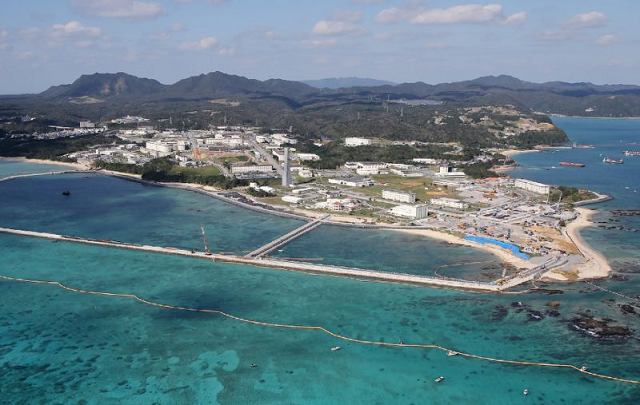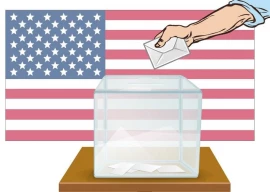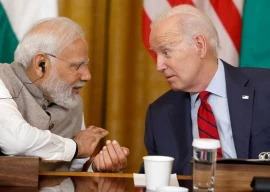
The US military has told its Japanese counterpart it plans to deploy surface-to-ship missiles in the strategically important Okinawa this year for the first such drill by Japan's key ally, the Sankei Shimbun reported, without citing sources.
The drill would involve a mobile rocket launcher seen as a counter-measure to potential attacks from Chinese surface-to-sea ballistic missiles, the paper said.
US-China trade war takes toll on global manufacturing
In recent years, Chinese warships have frequently sailed through waters near Okinawa, where the majority of US troops in Japan are based.
Experts say China's increasingly active maritime activities are part of a plan to establish control of waters within the so-called "first island chain" that links Okinawa, Taiwan and the Philippines.
Some analysts believe Beijing seeks to end US military dominance in the western Pacific by exerting control of the second island chain that links Japan's southern Ogasawara island chain, the US territory of Guam, and Indonesia.
China's rapid military build-up has unnerved Asian neighbours, with Japan's defence chief last year saying China had been "unilaterally escalating" its military activities in the previous year.
'China, China, China': New Pentagon chief sets priority
Beijing insists the activities are for self defence.
Despite increasing military rivalry, the US and China are each other's largest trading partners and China is one of largest holders of US national debt.
A massive bilateral trade imbalance has however caused frictions between the world's top two economies, with Washington and Beijing imposing tit-for-tat tariffs on more than $300 billion worth of goods in total two-way trade last year.




1725967717-0/Untitled-design-(3)1725967717-0-165x106.webp)




1730561201-0/Express-Tribune-Web-(18)1730561201-0-270x192.webp)
1725355010-0/BeFunky_-(15)1725355010-0-270x192.webp)






COMMENTS
Comments are moderated and generally will be posted if they are on-topic and not abusive.
For more information, please see our Comments FAQ